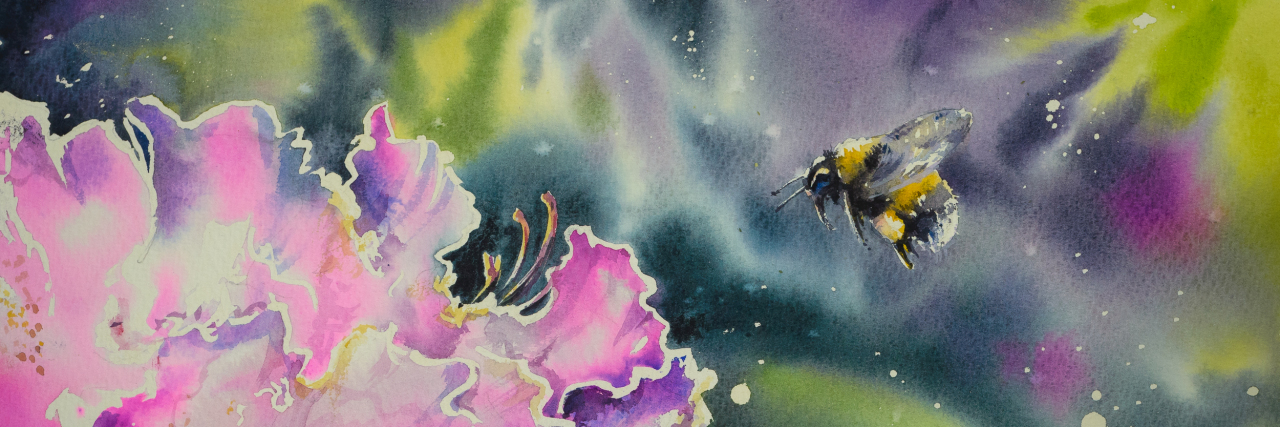How to Talk to Your Child With a Disability About the Birds and the Bees
The birds and the bees…oh geez, do we really have to go there? Yes, we do. Our pre-teens or teens with disabilities, like all their peers, are going to have questions about their changing bodies and about sex. That need may be delayed or even come early, but the need is still there and we, as their parents, need to monitor what information they are seeking and how much to give them, just like we would for any child.
When your child is showing obvious signs of puberty: deepening voice, breast buds, body hair, body odor and an intense interest in the opposite gender, it’s that time to start planting the seeds for that conversation.
Several years ago, I worked in a private school for children on the autism spectrum. Many of our adolescent boys and girls were frightened by their changing bodies, and the feelings that came when a handsome young man or lady walked by. They didn’t understand what was happening, and it felt strange.
Keep it Simple
During that time, we engaged our school nurse to give simple lessons on body changes to our adolescent boys and girls separately. As a staff Psychologist, I read books about adolescence and created social stories specific to their areas of question or concern. We validated that these feelings were normal, these bodily changes were normal, and that other kids also went through these changes.
Stay Specific
In our group, we had to bring up the topic of masturbation. More books, more social stories about this natural urge, and where and when it was appropriate (in the bathroom, in their bedroom, behind a closed door).
Parents were engaged to continue the discussion, emphasizing a few key points, but only when there was a need. We answered only their questions as they were asked. Two sentences, then stop. For our students who were shy, they wrote down their questions and we discussed together one-on-one or responded back in writing.
Wait for the Question
Instead of initiating a conversation about the birds and the bees, wait for your child to ask the question, then answer it. By that point, you will have provided a good amount of information leading up to this question, and so it will naturally flow. For example, you will have already had conversations about female and male anatomy and how it changes, the physical urges, masturbation, menstrual cycles, breasts and pubic hair. This process may be slow and can take up months or even a year. It’s OK — no need to rush. Just answer the questions as they arise.
Remember, just answer the question and build on information slowly, and follow your child’s lead!
Getty image by DeepGreen

